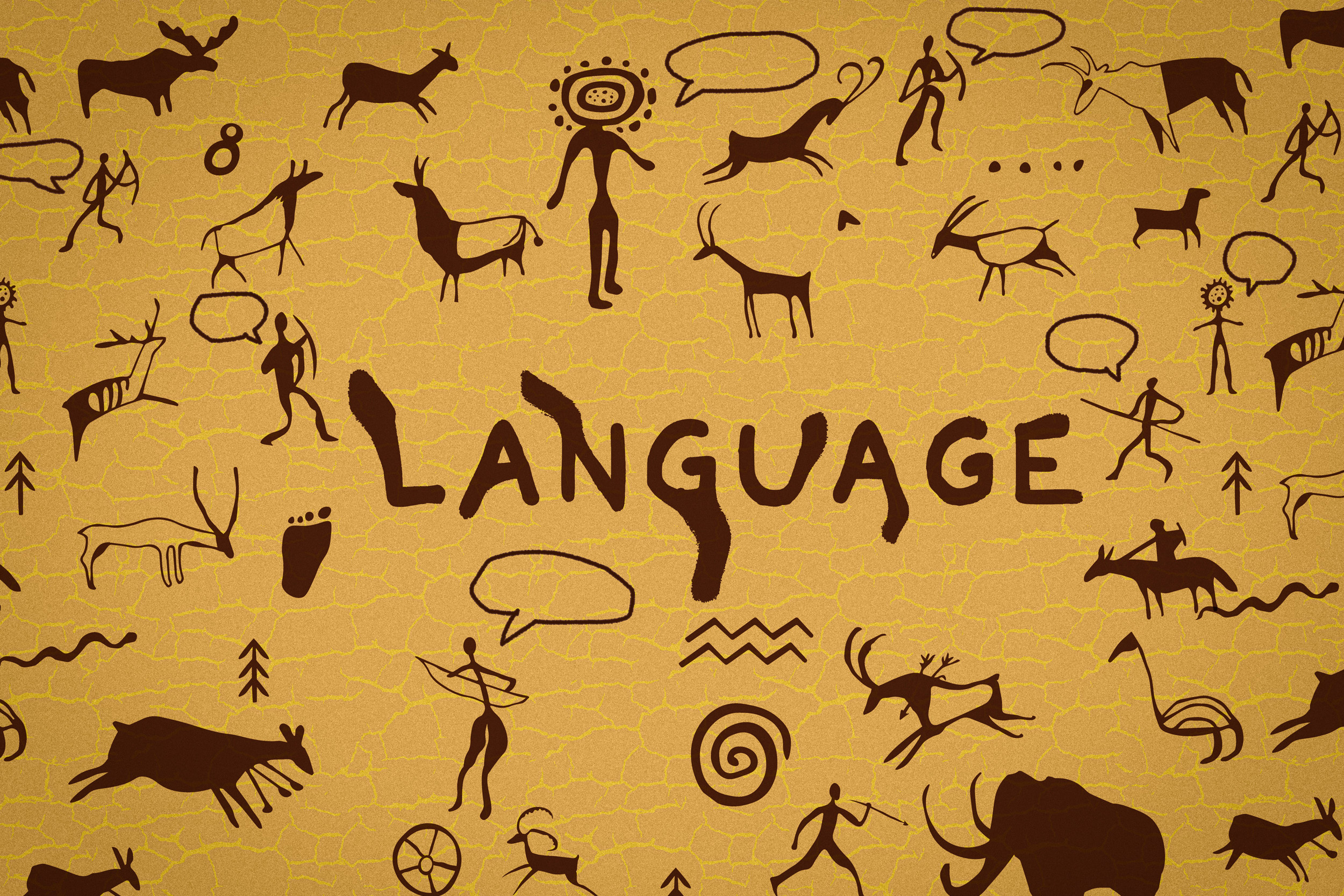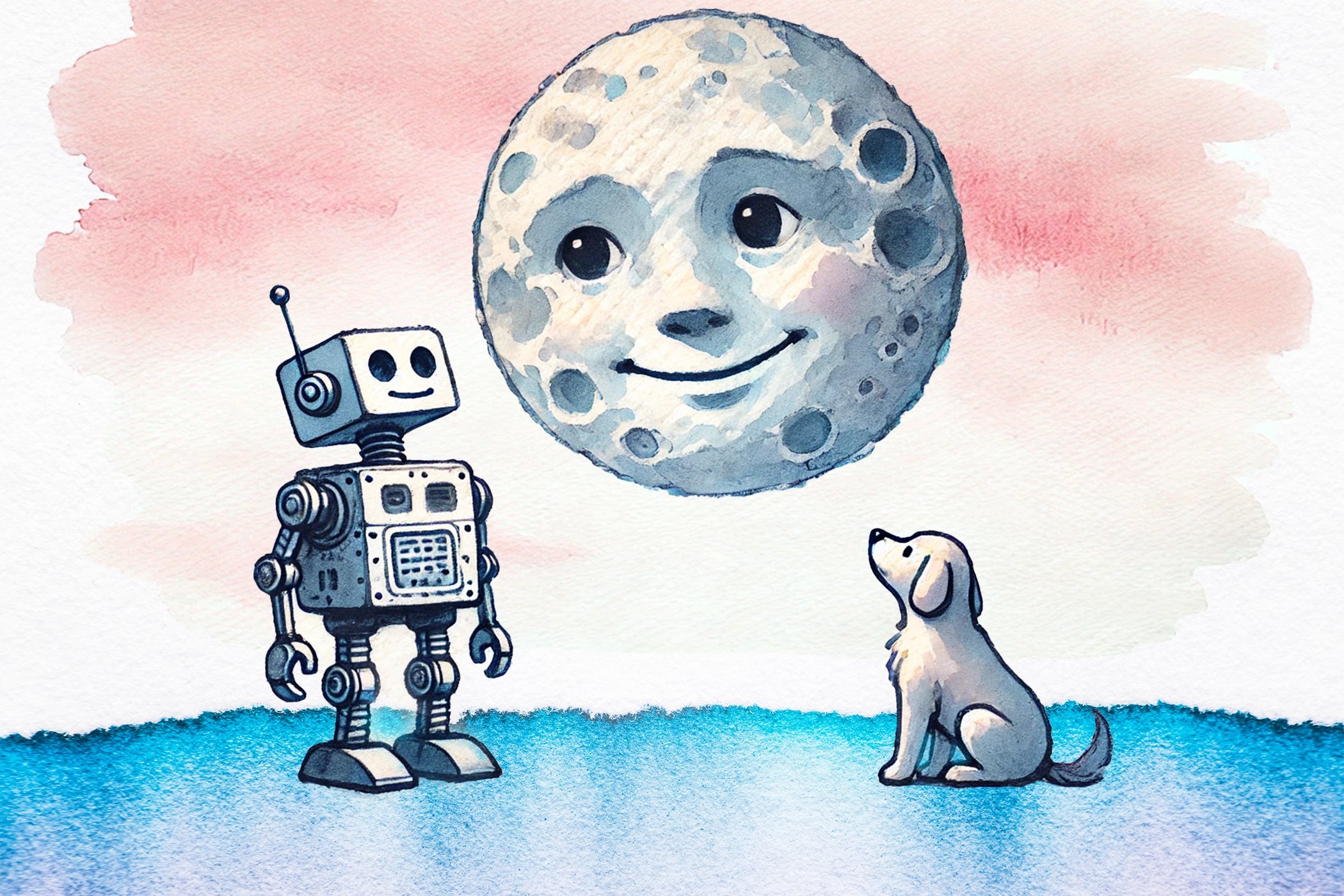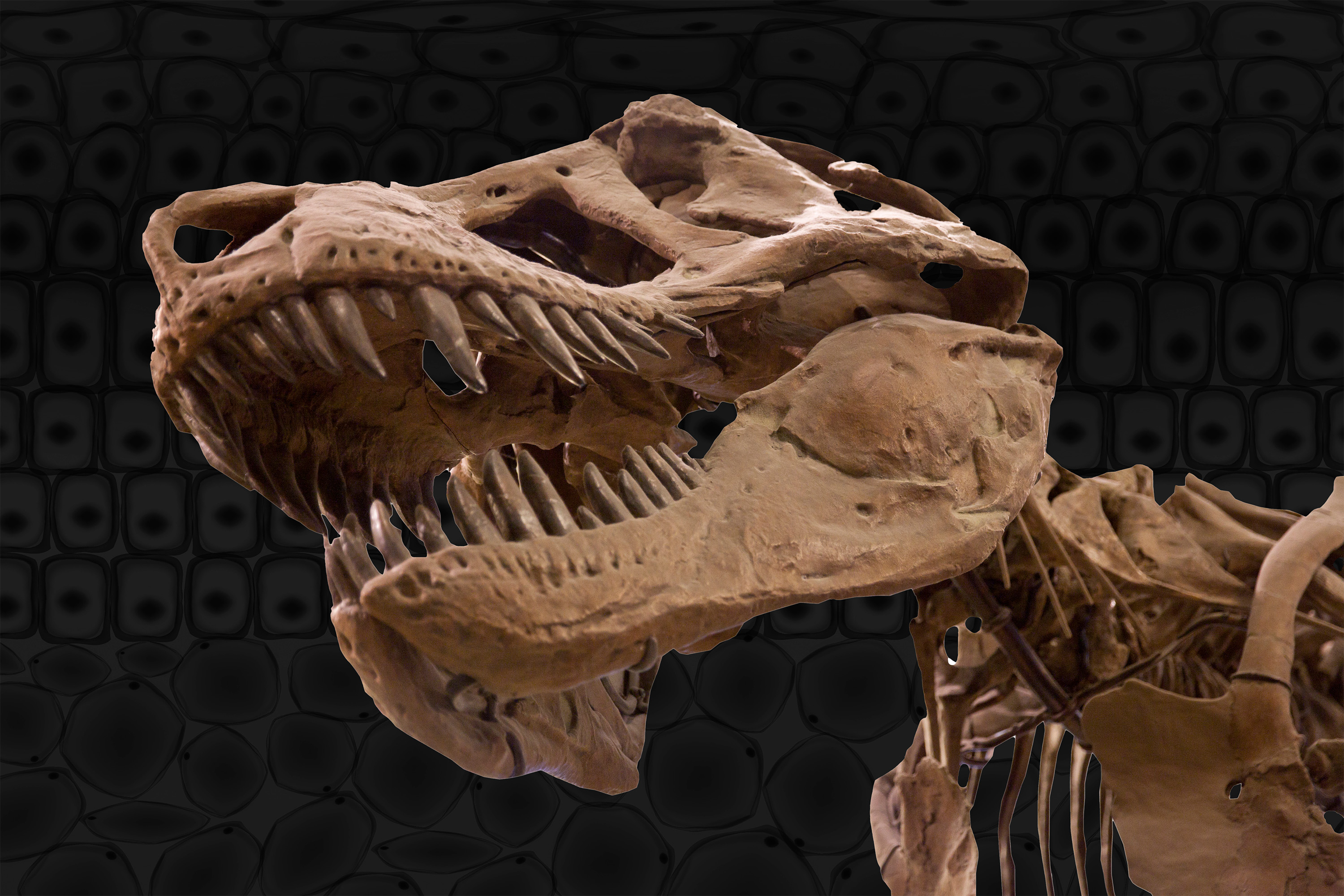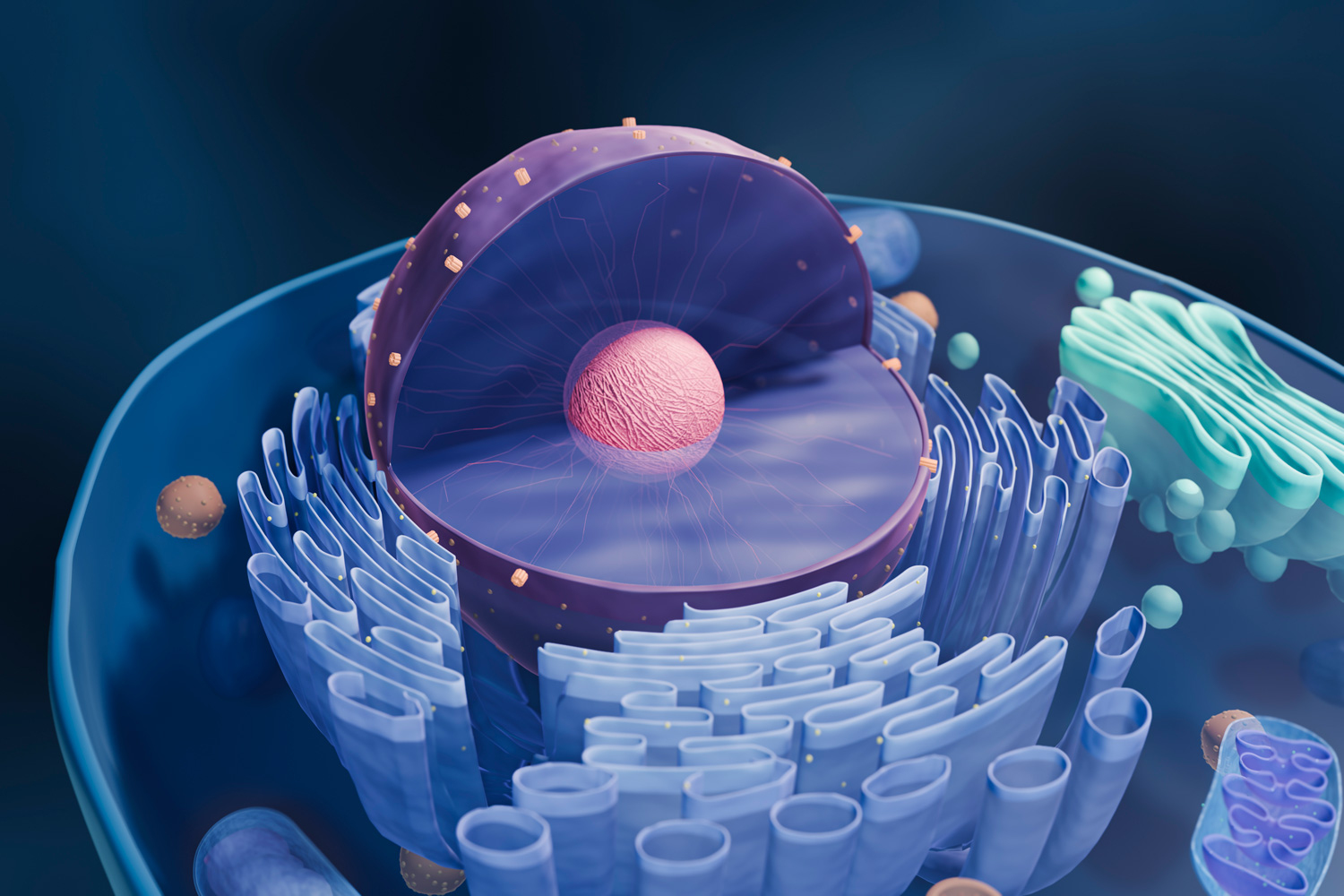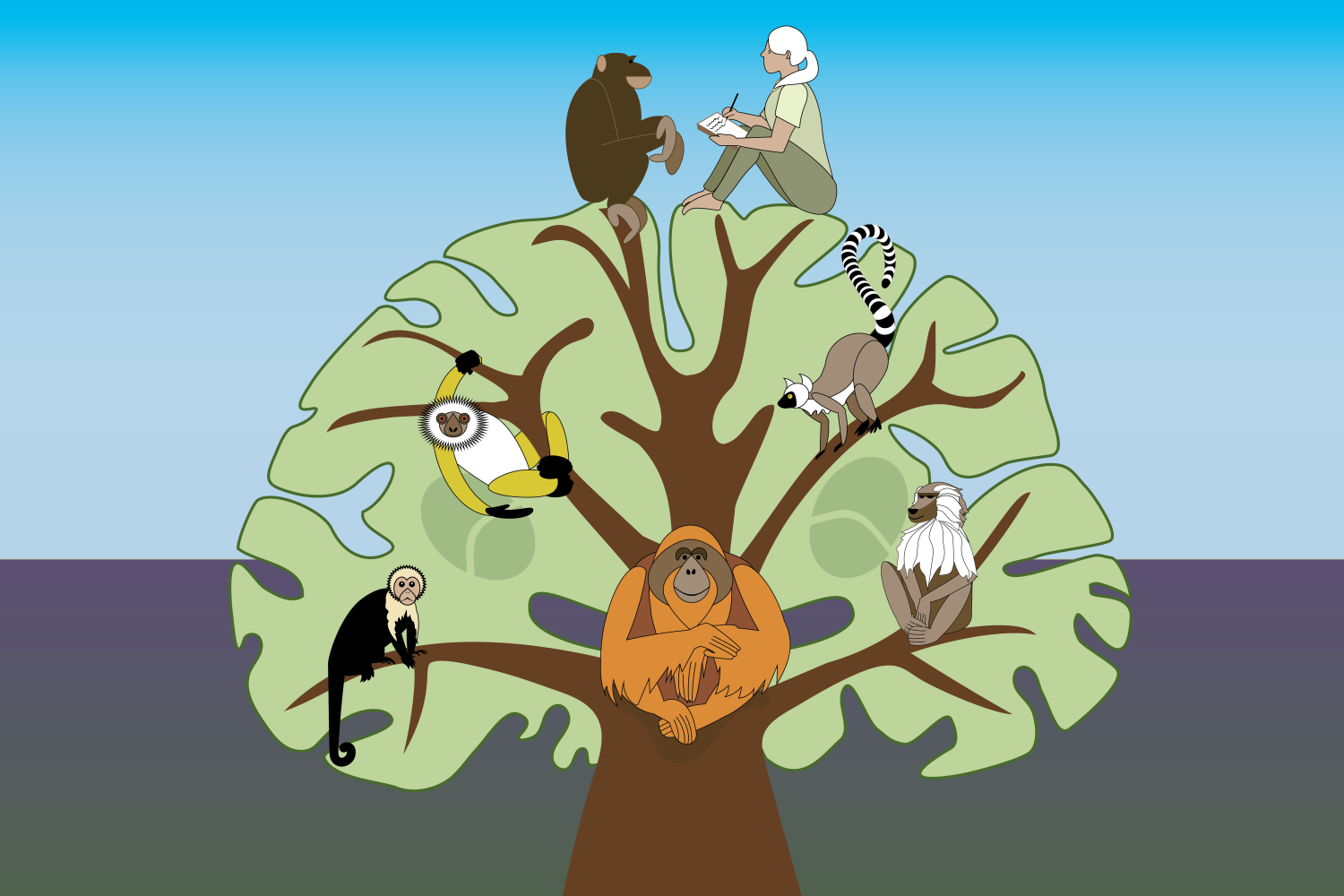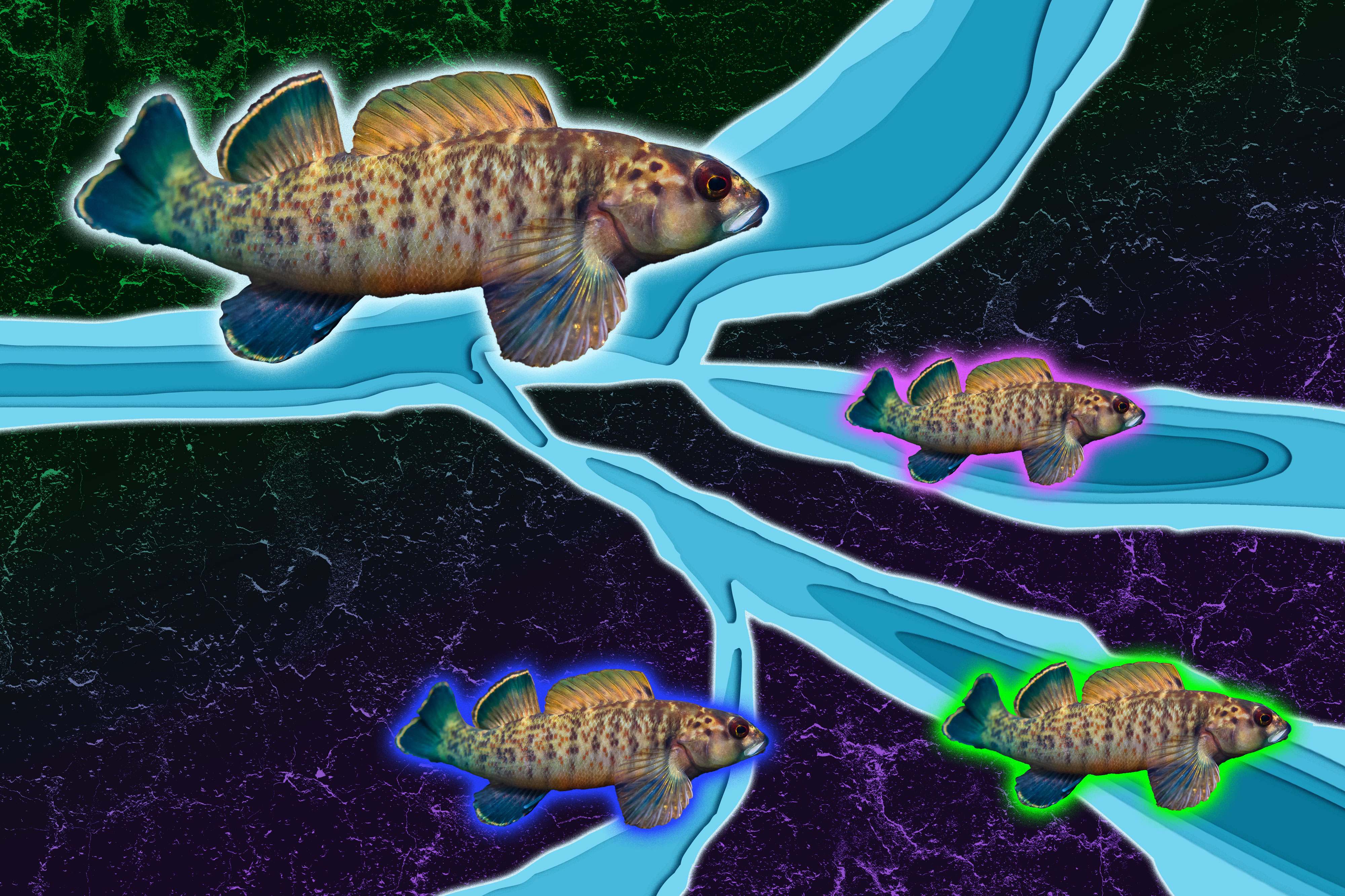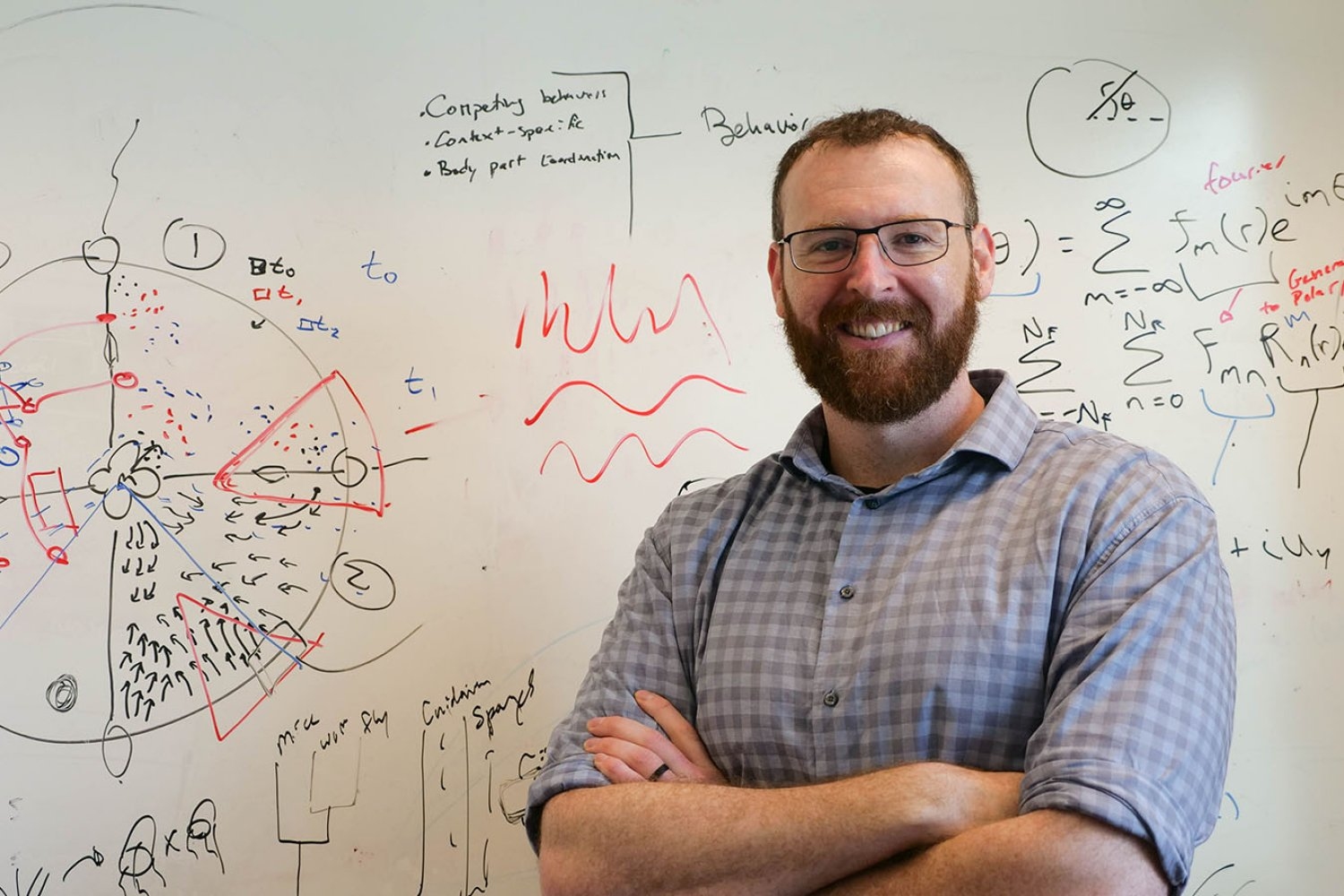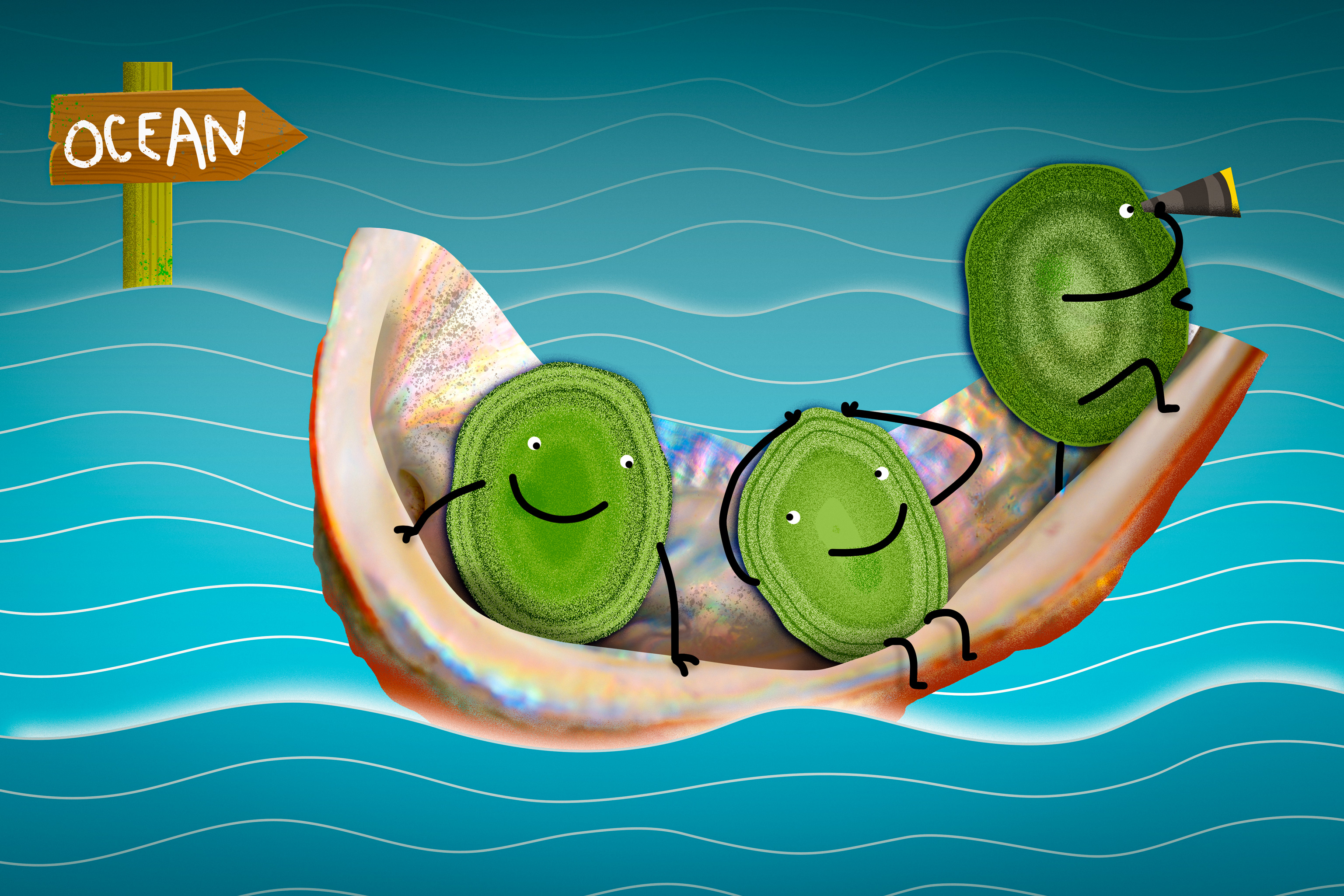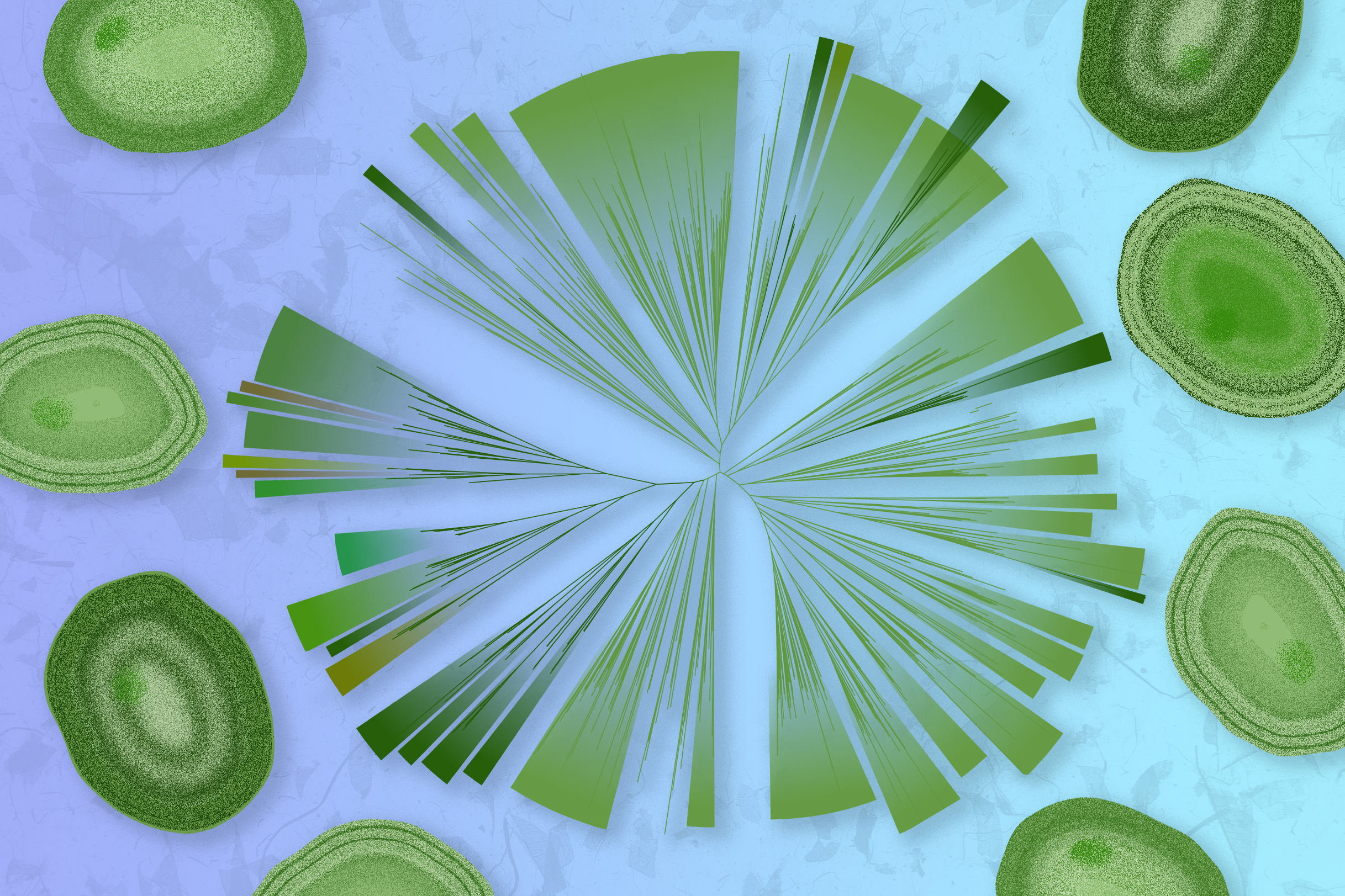AI pareidolia: Can machines spot faces in inanimate objects?
New dataset of “illusory” faces reveals differences between human and algorithmic face detection, links to animal face recognition, and a formula predicting where people most often perceive faces.
Rachel Gordon | MIT CSAIL •
mit
Sept. 30, 2024 • ~8 min
Sept. 30, 2024 • ~8 min
3 Questions: A new model of nervous system form, function, and evolution
Developing a new neuroscience model is no small feat. New faculty member Brady Weissbourd has risen to the challenge in order to study nervous system evolution, development, regeneration, and function.
Lillian Eden | Department of Biology •
mit
May 22, 2023 • ~9 min
May 22, 2023 • ~9 min
Scientists discover a new way of sharing genetic information in a common ocean microbe
Prochlorococcus, the world’s most abundant photosynthetic organism, reveals a gene-transfer mechanism that may be key to its abundance and diversity.
David L. Chandler | MIT News Office •
mit
Jan. 5, 2023 • ~8 min
Jan. 5, 2023 • ~8 min
/
7

